
Are there ways to simultaneously address food waste and food insecurity at the community level? Introducing – Food Recovery for Rhode Island! A new URI Cooperative Extension Program, Food Recovery for Rhode Island invites people from across the state to come together, learn something new, engage in dialogue, and take action to strengthen the local food system.
Volunteer Portal Login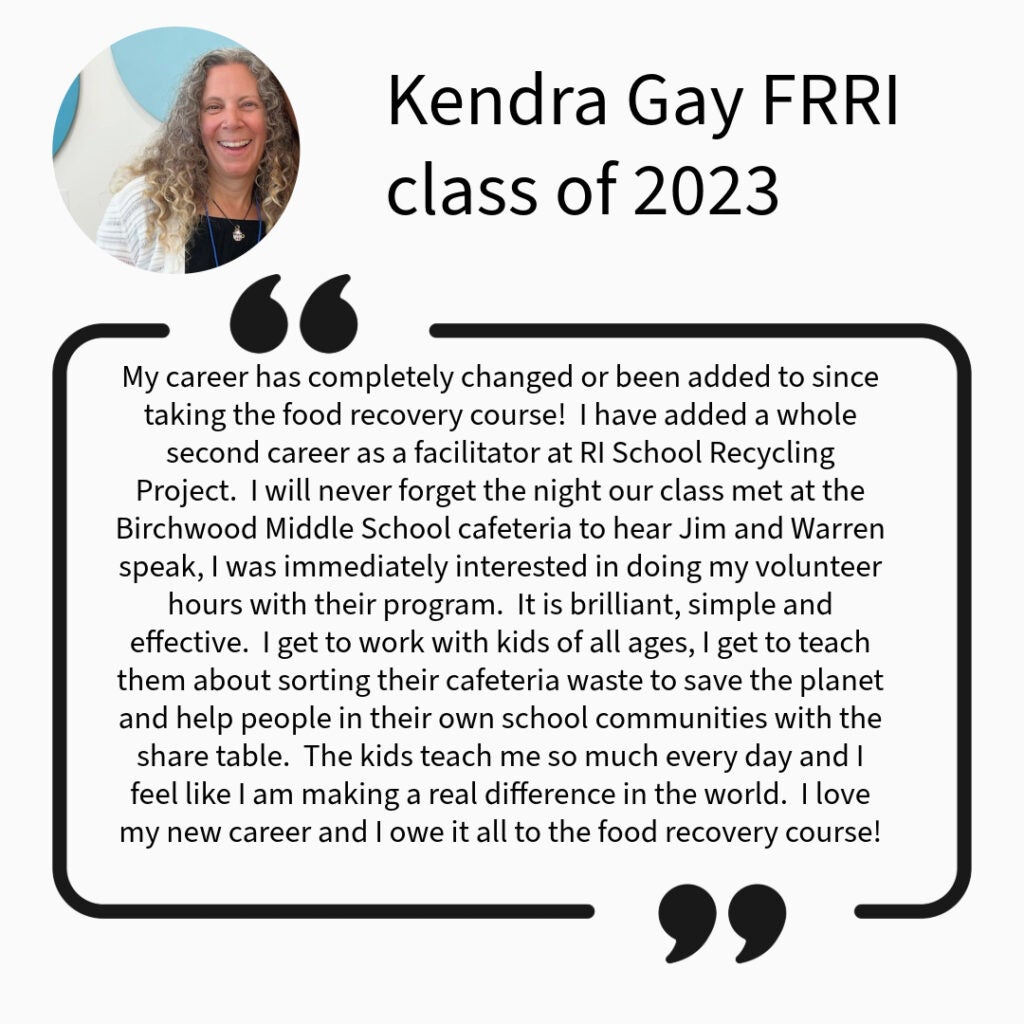
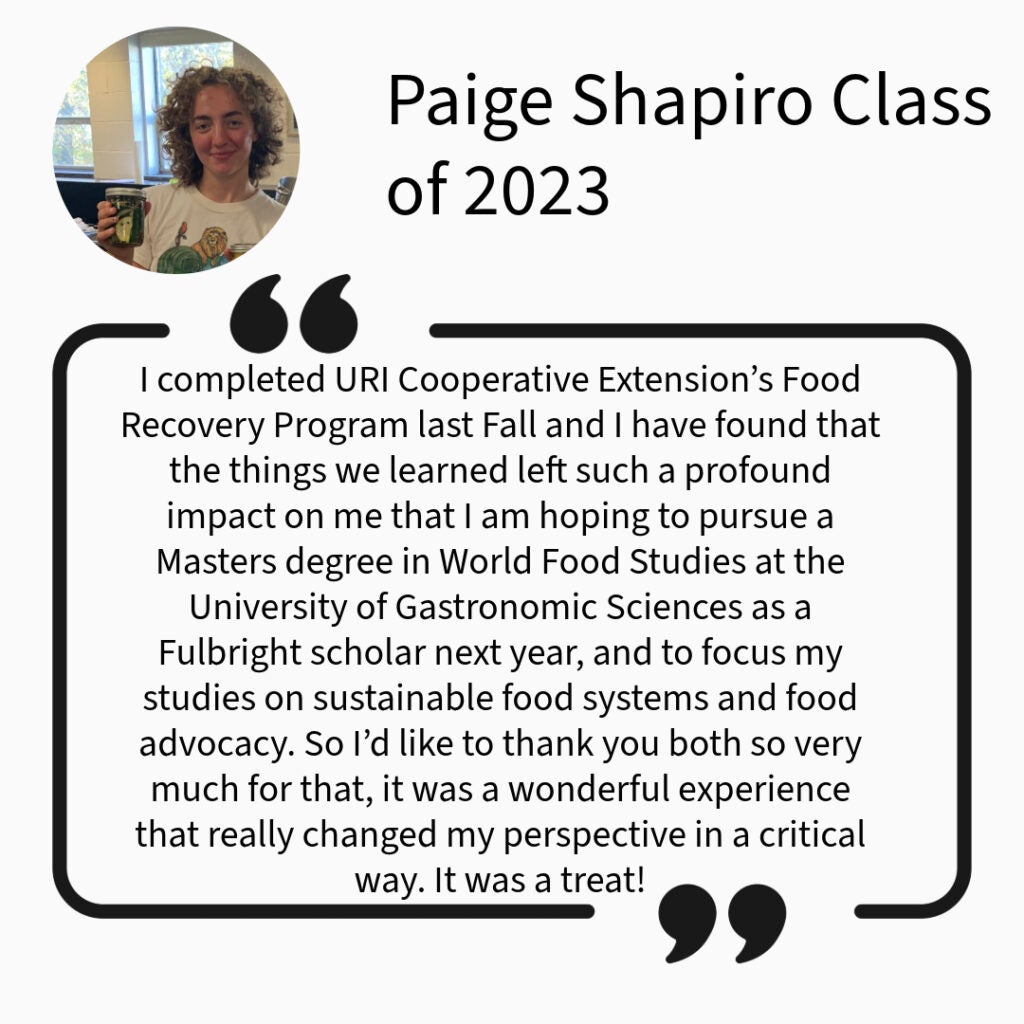
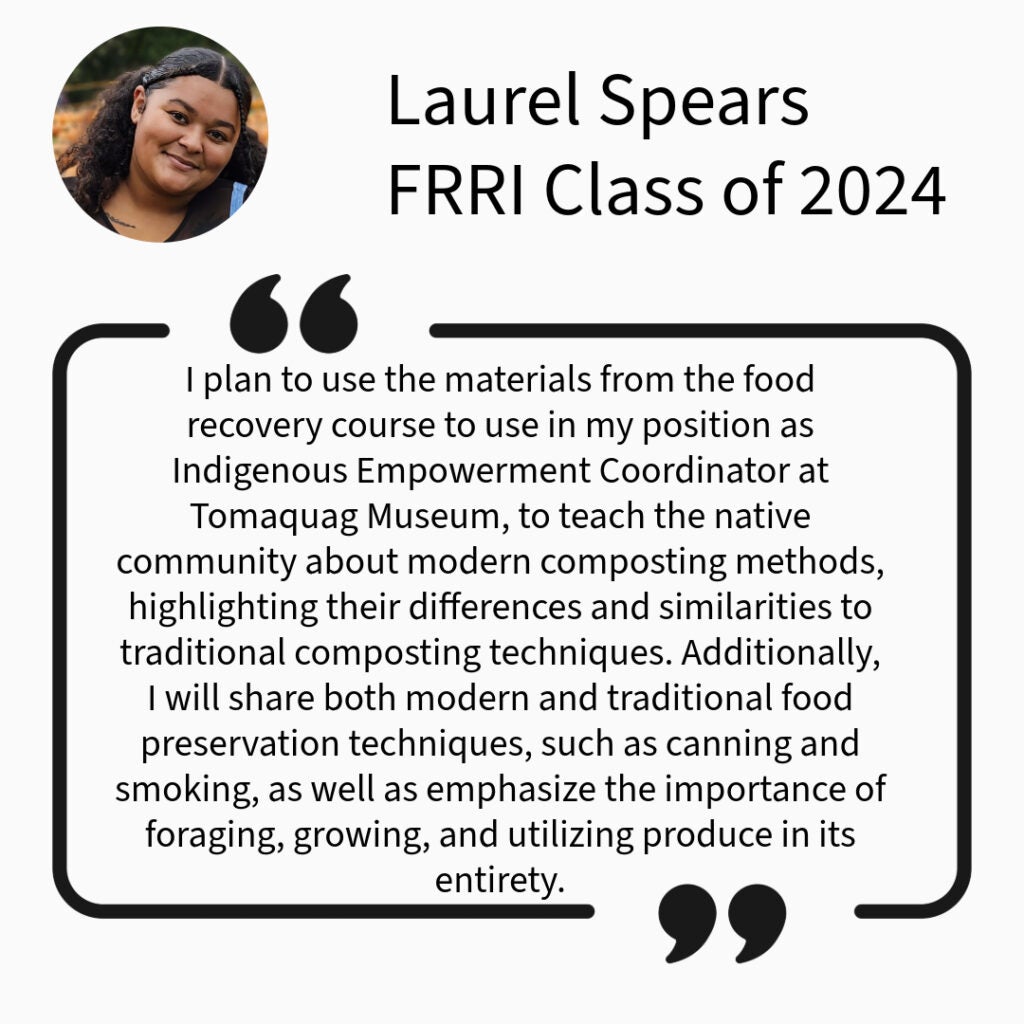

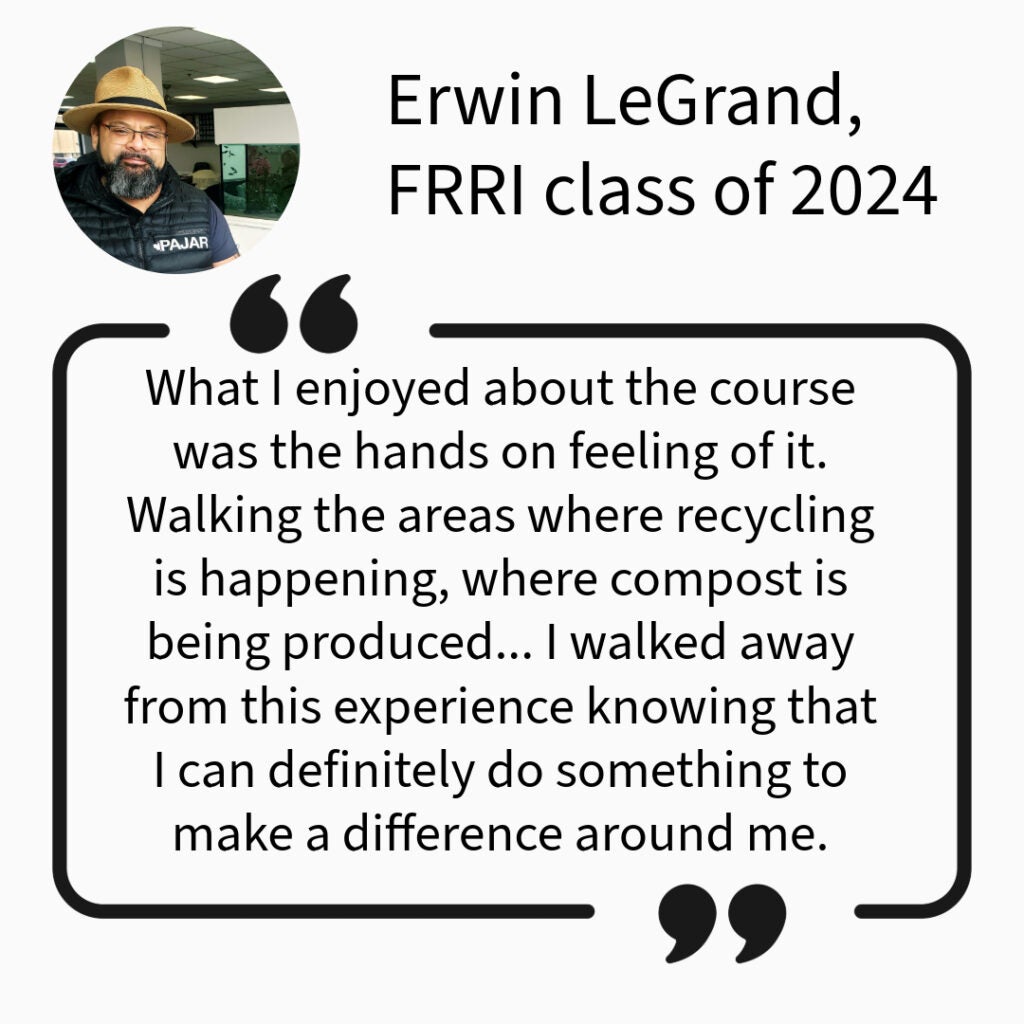
In the News
- An easily solvable problem: food waste in R.I.
- Dara Benno Talks Food Recovery in Rhode Island
- Course applications now open for six-week Food Recovery for Rhode Island program
- URI Cooperative Extension program aims to rescue and recycle food by changing the way Rhode Islanders interact with it
- EPA awards R.I. nonprofit nearly $19 million to reduce food waste over next three years
- Biden Administration Awards RI Food Policy Council $18.7M to for Food Waste Project
- Course applications open for Food Recovery for Rhode Island
- Food Recovery for Rhode Island: Course applications open now
- URI launches community education effort to address food waste and access issues
- URI’s food recovery program reduces food waste, improves food access for Rhode Islanders
- Changing the way Rhode Islanders think about their food
About the Course
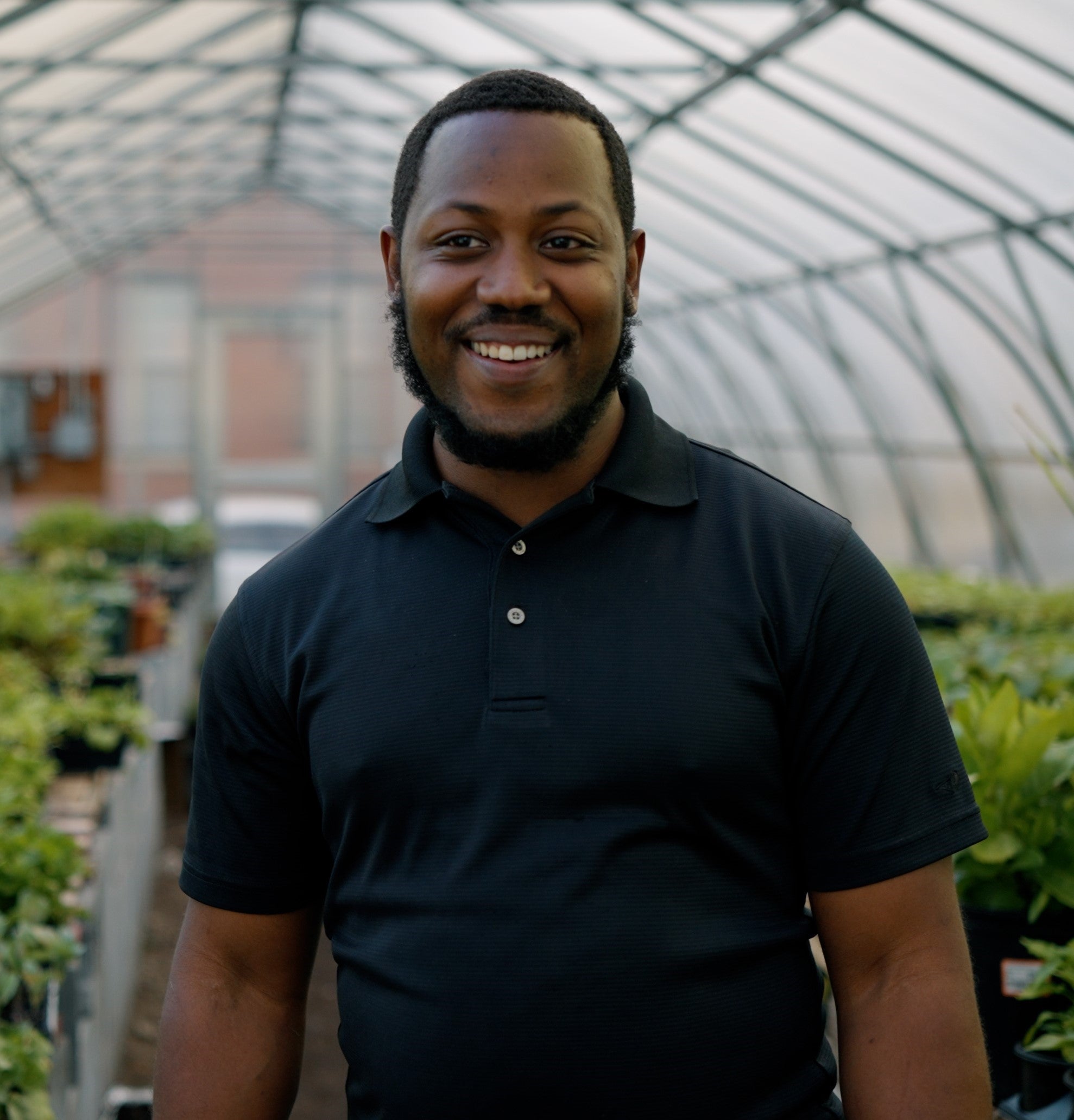
The six-week Food Recovery Course will help you make the most of your food while exploring the intersection of the food system and the environment. Using the Food Recovery Hierarchy, the course will explore the best actions to minimize food waste in Rhode Island communities. This course will blend research-based information, traditional knowledge, and practical application to help people adopt food recovery practices at home and in the community.
When and where does this course run?
For Fall 2025, the course will run early September – October 2025. Each week will have a different focus. Descriptions about each of the weeks can be viewed in the “Course Description” tab above. The hybrid structure of this course allows for a self-paced, online learning component paired with optional field experiences. Field sessions are planned for Wednesday evenings and Saturday mornings, you can sign up for specific sessions during the registration process after acceptance.
Explore the Intersection of Food and the Environment
Delivered both online and in the field, you’ll have the opportunity to explore various components of the food system in action, from field, to kitchen, to compost facility to landfill!
Engage in a Community Conversation
Engage in a conversation around wasted food solutions with fellow Rhode Islanders! The course is designed to share resources and encourage collaboration. Localized examples and success stories will serve as inspiration for those looking to spark a change in their communities.
Build Skills
Gain valuable skills to bring back to your home, community or careers. By learning to make the most of your food, you can save money and incorporate healthy, seasonal food into your diet. Hands-on sessions in the field and in the kitchen will build skills in:
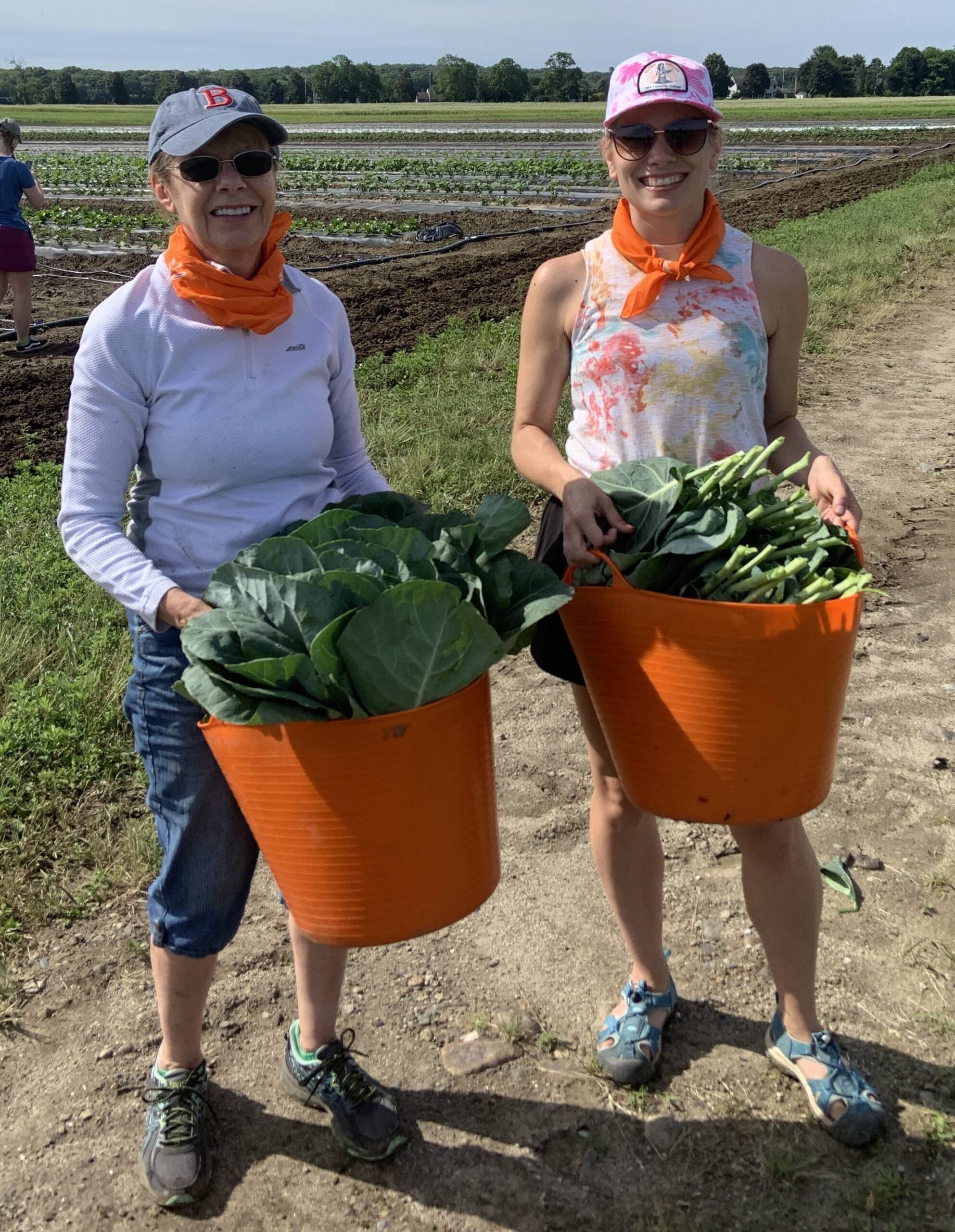
- Food preservation – water bath canning, fermentation, freezing and drying
- Composting at the individual and community scale
- Youth education
- Community engagement
- Food preparation and storage,
- Farming practices and more.
Volunteer for Community-Driven Change
Graduates of the course will volunteer on service projects that simultaneously increase food access and reduce food waste. These projects will be led by community partner organizations working to increase food recovery through food rescue, gleaning, food preservation, community composting, youth education, community engagement and more! Upon completion of 40 volunteer hours, graduates will receive a certificate of completion and earn the title of certified URI Extension Food Recovery Volunteer.
Who should apply?
Individuals interested in learning something new and willing to volunteer on approved recovery projects in Rhode Island are encouraged to apply. The application process is competitive as there are 60 spaces for participants per session. Financial awards are available. People already involved with our partner organizations are strongly encouraged to apply and return to the community as peer educators. This course is designed for adults aged 18 and up.
Additional questions?
See our Frequently Asked Questions document or email vanessa@uri.edu
Course Description
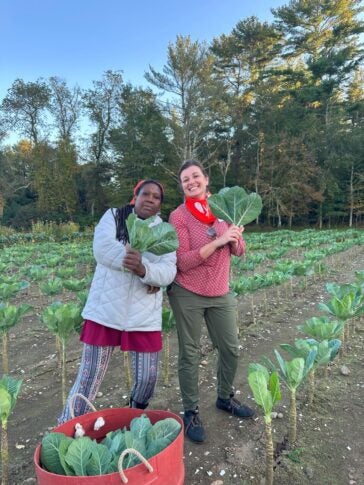
Week 1: The Challenge: Food Waste, Food Insecurity, Equity The challenges of food waste and food insecurity as they relate to building an equitable food system; Field Experience is a Tour of Rhode Island Central Landfill
Week 2: Wasted Food Solutions: Farms and Communities Model food recovery solutions across Rhode Island; Field Experience is a tour of a localized food system including a community farm, kitchen and Sankofa World Farmers’ Market
Week 3: Inclusive Community Engagement and Food Recovery in Schools: learning about social justice, diversity, equity and inclusion while exploring local school involvement with the food recovery process; Field Experience is an interactive visit to a local school to observe wasted food solutions
Week 4: Volunteerism, Policy and Gleaning: Community models of food recovery solutions across Rhode Island; Field Experience in gleaning (harvesting excess crops) with local farms.
Week 5: Composting- Residential and Community Scale: The science of composting; Field Experience is a tour of residential or community-scale composting operation and composting instruction
Week 6: Food Preservation and Nutrition: food preservation (such as freezing, drying, fermentation, water bath canning, etc.) with nutrition education. Field Experience in quick and basic at-home food preservation techniques.
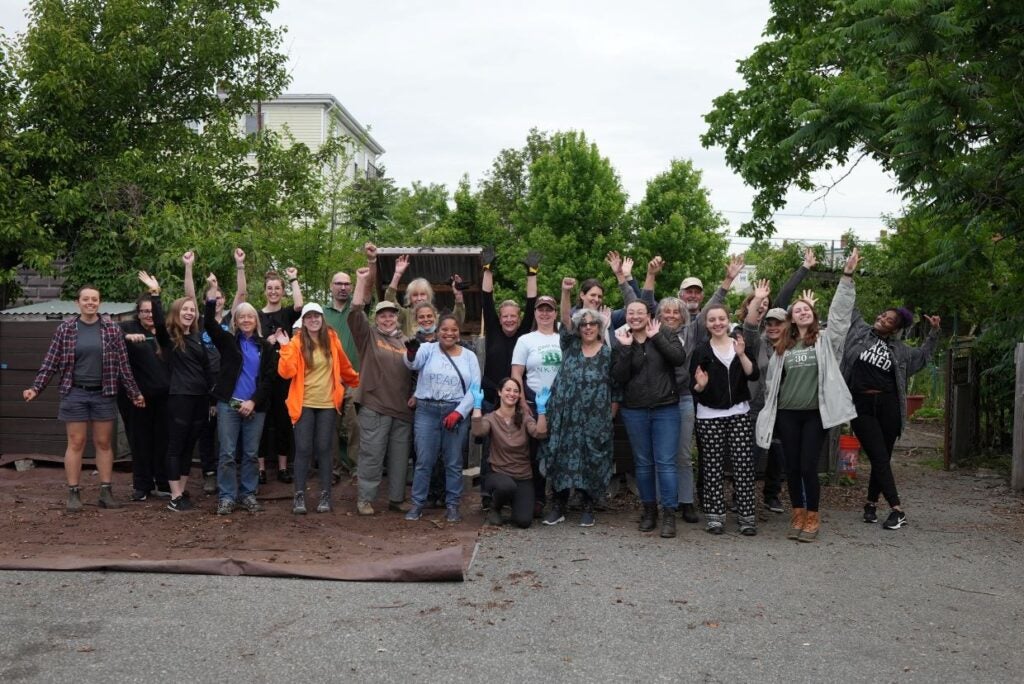
Course Fees & Scholarships
The Fall 2025 Food Recovery for Rhode Island (FRRI) course fee is $255 for the hybrid course. This covers access to the online course materials, six field sessions, class supplies and the 40-hour volunteer internship.
A limited number of financial aid awards are available for the course! Applications for these partial scholarship awards are included as part of the initial application. The recipients of partial scholarships will be responsible for $100 or $50 out of the total course fee. To be eligible for financial aid, you must meet one of the two following criteria:
1. Demonstrated financial need. To qualify, scholarship recipient’s annual income should not exceed amounts shown in the chart below. The chart is listed on the RI Department of Human Services website.
2. Underrepresented racial/ethnic identity. Identities that qualify are listed below.
-American Indian or Alaska Native
– Asian
-Black or African American
-Hispanic or Latino
-Native Hawaiian or other Pacific Islander
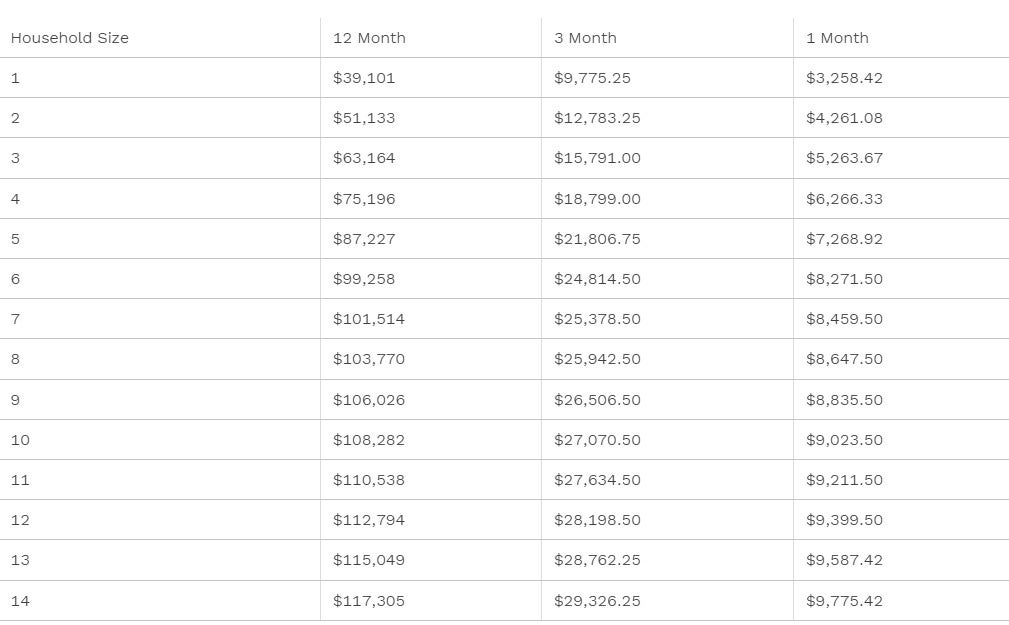
Field Sessions



Make a Gift
Donations made on behalf of the Food Recovery for RI program support its mission to train people to uplift community-led wasted food solutions.
Make a GiftTestimonials
Hear what past participants have to say!
